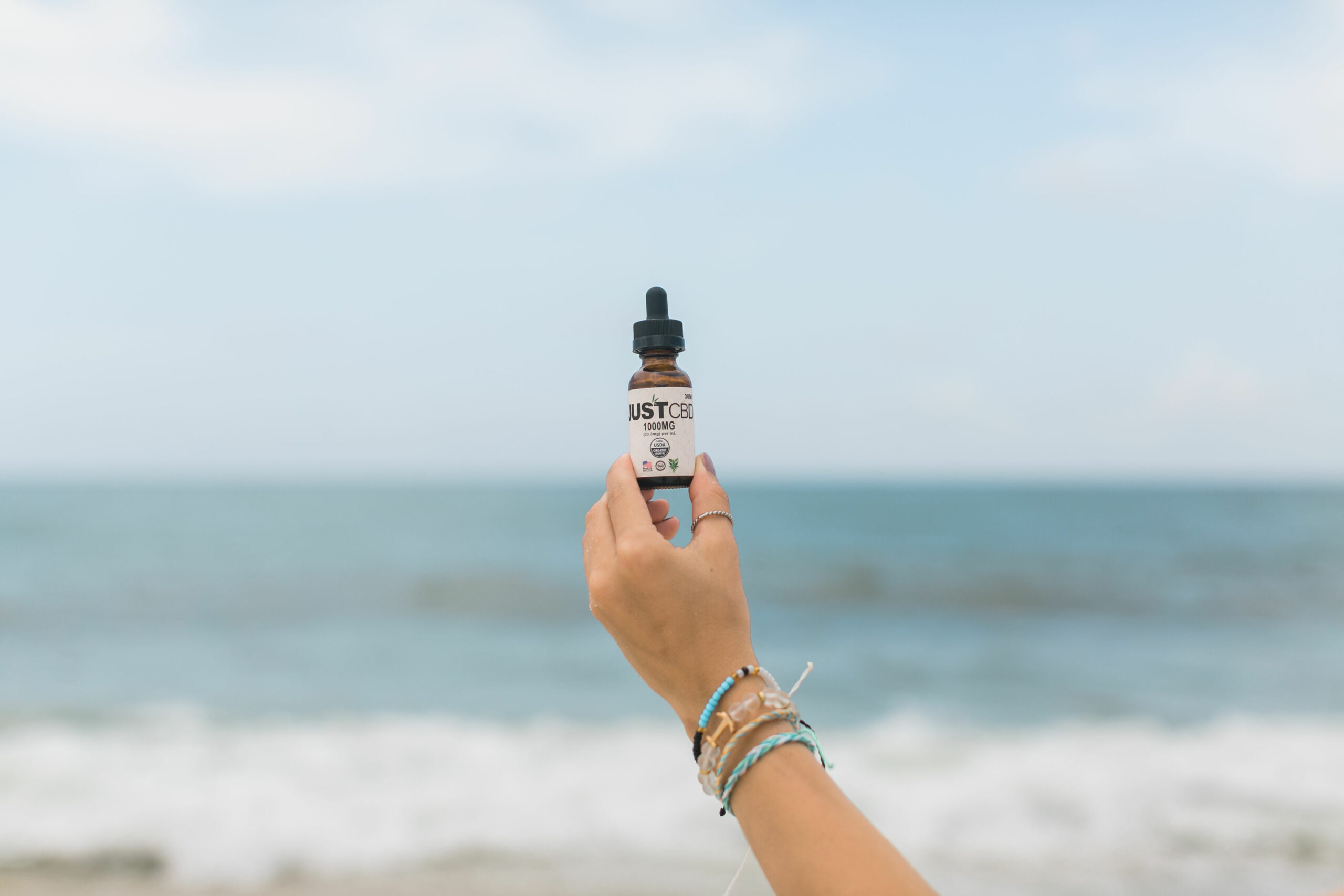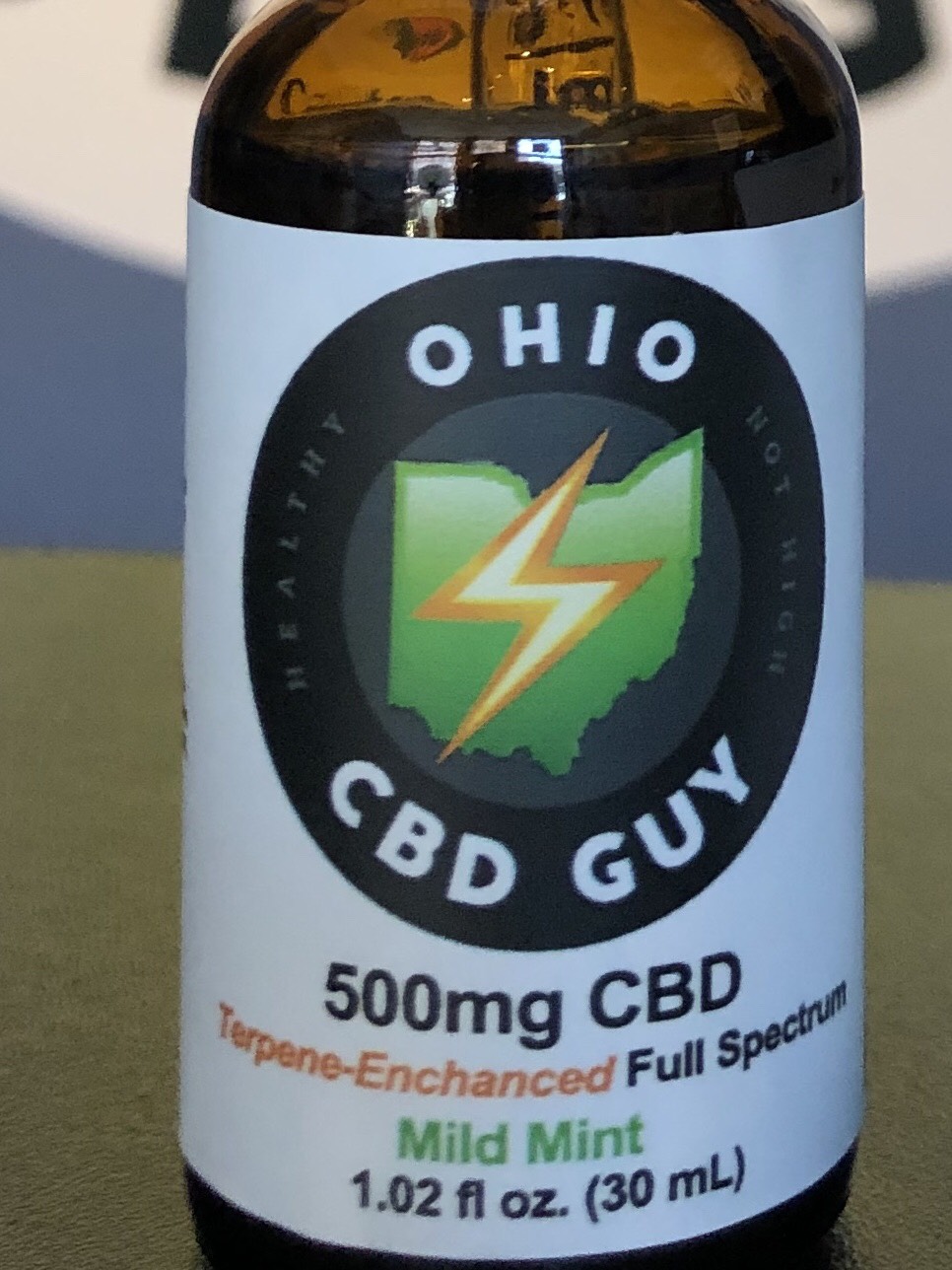
Are CBD and THC-containing CBD products legal in Texas Although they are still illegal to use in Texas, Hemp-derived CBD has been legalized in Pennsylvania and Hawaii. If you have a medical marijuana prescription, CBD oil is legal in these states. CBD oil is legal in these states if you are a resident.
Texas law makes it illegal for THC-containing products to be sold.
It is illegal to possess THC-containing products in Texas. THC content in the product determines the punishment. Under Texas law, possession of one gram of THC is a state jail felony. Possession of over four grams of THC can be a second-degree felony and can carry a penalty of up to 99 years in Texas Department of Corrections.
Texas has banned THC-containing drugs, but most cannabis products are legal. This rule has two exceptions. While the state has legalized Delta-9 THC, it has banned products that contain delta-8 THC. Delta-8 THC, according to the Department of State Health Services, is a Schedule 1 controlled drug.

The definition of THC has been updated by the state's Consumable Hemp Program website. The current law states that delta-8 products can't contain more than 0.3% of delta-9 THC. Texas law considers products that contain more than 0.3% delta-8THC illegal.
Pennsylvania is legal for hemp-derived CBD
Pennsylvania legalizes hemp-derived CBD oil. It is legal to buy CBD oil in Pennsylvania as long it is not more than 0.3% THC. This process is controlled by Pennsylvania Department of Agriculture. All growers must comply both with federal and local regulations. Hemp-derived CBD offers therapeutic benefits but not the intoxicating effects found in marijuana.
2016 was the year when the state passed a law allowing hemp-derived CBD to be legalized, as long it has less than 0.3% HHC. This means that the product can be purchased without a prescription or a physician's permission. The state's MMJ system protects patients from being penalized and allows for a structured industry. Hemp-derived CBD remains illegal for recreational use. However, medical marijuana cardholders can buy and possess up 30 grams.
Hemp-derived CBD can be bought over-the-counter in Pennsylvania. You should know that not all stores sell CBD products to anyone under 18. It is a good idea to bring a photo ID with you when buying CBD. Third-party lab reports are a great idea. This ensures that the product contains a high level of CBD.

It's legal in Hawaii
The state Hawaii doesn't have laws that address CBD. The U.S. Farm Bills determine whether CBD products will be legal in Hawaii. In 2018, Governor David Ige signed HB1819. This law made it legal to cultivate hemp in the state using the USDA’s hemp production program. The law allows for the sale and processing hemp-derived products.
The state's Food and Drug Department previously stated that state CBD laws will likely change in the near future. Once federal guidelines have been established, the department plans to amend state CBD laws. The department stated that all CBD-derived products will be regulated.
Even though Hawaii has not yet made significant progress towards more progressive marijuana laws, hemp-derived CBD has been legalized in the state. The state's CBD laws, which are quite fluid, are still being drafted by lawmakers. The laws aren't clear but there are some CBD shops and sellers already operating in the state. There are many products that look similar to the ones on the mainland. While CBD legalization is uncertain, some residents feel optimistic that CBD will be legalized soon.
FAQ
How can CBD products be promoted in a legal manner by CBD companies?
The FDA does no regulate hemp as a crop commodity. The Controlled Substances Act regulates all cannabis derivatives, including marijuana. There are currently no regulations regarding CBD.
CBD is legal in 29 states. Federal law, however, still considers it illegal. Businesses that want to sell CBD products face uncertainty.
The FDA has specific guidelines on how CBD products must be marketed. The FDA requires that all CBD products clearly disclose their THC content. Without supporting scientific evidence, CBD cannot be claimed to treat certain medical conditions.
The FDA also requires manufacturers to provide detailed information about their manufacturing processes and quality control measures. Companies are also required to participate in clinical trials in order to demonstrate safety and efficacy.
These are important considerations for companies when creating their marketing strategies.
What are some of the common mistakes that companies make when entering America's cannabinoid market
The first mistake is not understanding what the regulations are for cannabis products. This could lead to you having to modify your product formulation.
Another mistake is not being able to correctly label your product. Know whether your product contains THC, CBD or both.
The third is how to package your product correctly. If you have a product that contains THC, make sure it is properly packaged.
If your product is not containing THC, then it's important to follow all packaging regulations. There are many states that cannabidiol or CBD is legal.
Finally, you should always keep track of any recalls on your products. It is crucial to notify customers as soon possible if you have a problem with your product.
Is CBD a viable option?
Yes. The answer is no, not because of its medicinal benefits, but because it helps people feel better without getting high.
The fact that it doesn't make you feel any different when you use it makes it perfect for those who are looking for an alternative to prescription drugs.
Studies have shown that cannabis is effective in relieving pain, anxiety, depression and insomnia.
Cannabinoids, also found in cannabis are thought to interact with our brain receptors. This interaction produces feelings of relaxation and well-being.
You should understand the effects of CBD oil on your body and health if you are considering using it.
Is the CBD industry on the rise?
Yes. As legalization spreads throughout North America, this growth is expected continue. Canada was the first country to legalize recreational cannabis use. Several states also have medical marijuana laws.
This trend is expected to continue for at most another decade, as more states pass legislation that allows access to medical marijuana.
From an economic standpoint, legalizing marijuana is also sensible. Legalizing pot offers many benefits beyond providing a lucrative market alternative for farmers.
It could, for example, help lower crime rates by decreasing the availability of illegal drug. It could also generate tax revenue for the government.
As legal weed becomes more popular, many people will choose to reduce their alcohol consumption. This would result in fewer hangovers, and lower healthcare costs.
People with chronic pain may also find marijuana to improve their quality life. Many believe that THC, which is the active ingredient of marijuana, can help relieve muscle spasms and nausea from chemotherapy.
A lot of people believe that marijuana is a good option for treating anxiety and depression. According to some studies, marijuana can be used to treat schizophrenia.
The future is bright for CBD, but there are still many challenges ahead.
Which countries produce CBD of the highest quality?
The United States produces the vast majority of CBD products.
Canada, Australia New Zealand, Israel and New Zealand also produce high-quality CBD product.
Is the CBD industry saturated?
CBD industry is growing at over 25% per annum. This growth rate is expected to continue at least for five more years. According to industry projections, it will grow from $2 billion to $5 billion by 2020.
Two companies currently dominate the CBD market - GW Pharmaceuticals & Canndoc Ltd. Both companies have a focus on creating pharmaceutical-grade products. But they have not been particularly successful. Both of them are having difficulty gaining traction in today's marketplace.
Cannabidiol or CBD is a form of cannabis extract with less than 0.3% HHC. It does not have any psychoactive properties. It is used for treating epilepsy and other medical conditions. It is often used as an dietary supplement.
There are many kinds of CBD products. Some CBD products can be made with whole plant extracts and others, such as CBD.
These products all share one thing in common: low levels are THC.
They are thus legal under US federal legislation. This doesn't mean you shouldn't follow local laws when selling CBD-related products. It is important to check the regulations in your state for CBD products.
In addition, there are several states where CBD products are illegal. These are California, Colorado. Florida. Mississippi. Missouri. New York. North Carolina. Ohio. Oklahoma. Oregon. Rhode Island. South Dakota. Texas. Utah. Virginia. Washington.
You will want to stay clear of CBD products if you are from one of these states.
Is CBD a good business to invest in?
The market for hemp-based products continues to grow as people become increasingly aware of their benefits. According to some estimates, there will be 1 billion dollars worth of hemp-based products in stores by 2022.
It is also expected that the market will continue to grow at an annual rate exceeding 20% through 2020 when it reaches $2.5 Billion.
Hemp oil is used in many beauty- and health-care products like lotions.
There are many companies that produce CBD-infused foods, snacks, pet food and dog treats.
CBD is legal in all 50 states. However, this could change very soon. Businesses will find it easier to legally operate legally as more research is done on CBD's potential uses.
These are all factors that make CBD investments a viable venture.
Statistics
- While the primary injury may not be treatable, interventions that attenuate secondary sequelae are likely to be of benefit [203].Only one study (ncbi.nlm.nih.gov)
- HR −16 mmHg; 95% CI −26, −6; I2 = 92%) (ncbi.nlm.nih.gov)
- The inhibition of FAAH is predicted to lead to an increase in brain and plasma concentrations of AEA, which acts as a partial agonist at CB1R and CB2R, thereby increasing endocannabinoid tone [92, 110]. (ncbi.nlm.nih.gov)
- As a substance that was federally illegal before the passage of the 2018 Farm Bill, hemp-derived cannabinoids with no more than 0.3% THC still face a regulatory grey area. (forbes.com)
- however, one study also found that these effects were virtually abolished when the original media (a nutrient broth agar) was replaced with one containing 5% blood (increasing the minimum concentration to ~160 μM CBD) [179]. (ncbi.nlm.nih.gov)
External Links
How To
How To Get Certified For Selling CBD Products
CBD (cannabidiol), one of the many cannabinoids found inside cannabis plants, is one. It's been used medicinally throughout history, including traditionally in China, India, and many South American countries. Because it can treat conditions such as anxiety, pain, epilepsy and inflammation, CBD has seen a rise in popularity over the years. If you're looking to sell CBD products, however, there isn't an official certification program. At least not in the U.S.
There are two methods to do this. One way to do this is to join the local association of cannabis-business owners. By joining a local association of canna-business owners, you will be able to learn from others and receive support and advice. There are currently numerous associations all over the country. Second, you can go online. Many states allow canna businesses to operate online. If this is the case, then you can establish your own website immediately and start accepting orders. You must register with the Department of Public Health in your state. Once you have registered, it will be possible to apply for your license through the state's department public health. Once you have your license, it is legal to open your shop and accept orders.